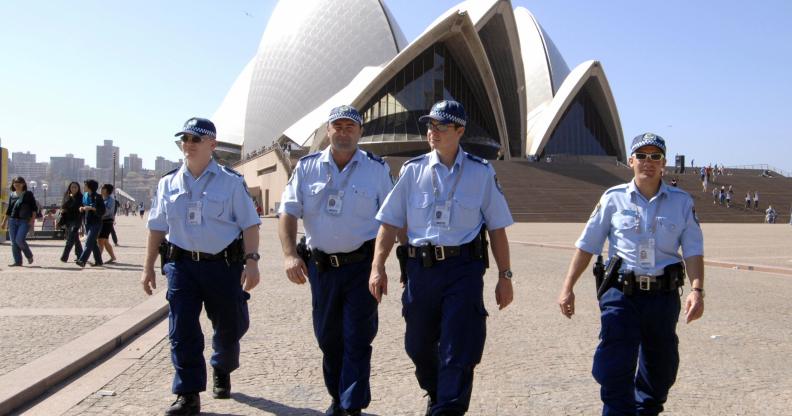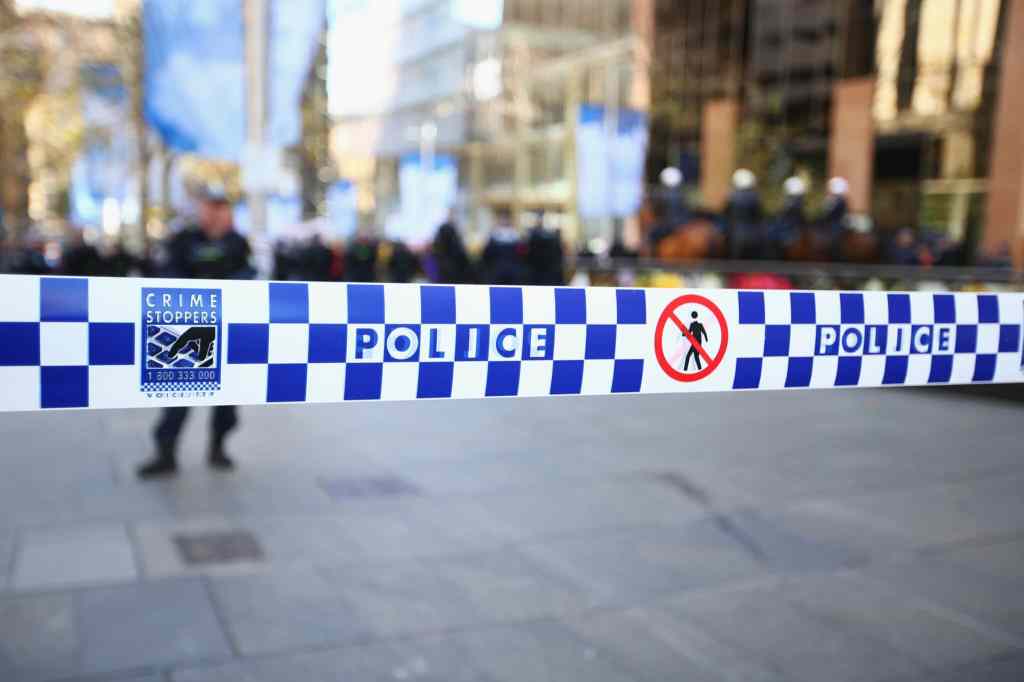‘Soulless monster’ awaits sentencing 37 years after homophobia-fuelled Sydney murder

A man who was convicted of the murder of someone he believed to be gay has been described in court as a ‘soulless monster’. (Getty Images)
Convicted murderer Stanley Early has been described as a “soulless monster” as he awaits sentencing for the murder of married man Raymond Keane, who he believed to be gay.
In June, Stanley Bruce Early, 77, was found guilty of the murder of Keane, a 43-year-old married man, back in 1987 in Sydney, Australia.
A New South Wales Supreme Court heard of how Early had led a gang that roamed Alison Park, Sydney, which was known at the time as a meeting spot for gay men, over three decades ago and assaulted men whom they perceived to be homosexual.
Public defender Troy Anderson DC told the court that it was never Early’s intention to murder, but to inflict bodily harm on his victims.
“It seems that the modus operandi of this gang was to obviously assault their victims but this is an instance where it went beyond what normally occurred,” said Anderson, per Canberra Times.

On Friday (29 September) a person, who was not publicly named for legal reasons, read out a victim statement to Early, describing the convict as a “soulless monster” with no remorse.
“Early is a troubled person who not only murdered (Mr Keam) and got away with it for many years but he also destroyed the lives of many other gay men for no reason,” read the victim statement.
“The soulless monster that murdered him was still out there living his life while [Mr Keam] was buried in the ground.
“Because of you and your desire to ‘clean up’ Alison Park, you stripped the world of a loving father, partner, friend, and mentor.”
The statement concluded: “Will you feel remorse one day? I don’t know and to be honest I don’t care anymore.
“I choose not to forgive you but to forget you and never think of you again as it’s what you deserve.”
Judge Dina Yehia told the court that Stanley Early would be sentenced according to murder sentencing practices in Sydney in the late ‘80s and early ‘90s, which were lower than what they are currently.
Mr Anderson told the court that Early recognised he was likely to die behind bars due to his age, and had lived “a fairly isolated sad life.”
Early, who had reportedly experienced depression and suicidal tendencies, told Anderson that his preference was to avoid jail time and return to the Long Bay psychiatric hospital, where he had been for the past three to four months.
Anderson also suggested that Early had good prospects of rehabilitation, arguing that the criminal had been a person of good character since the 1990s and citing a reference from his current employer.
However, crown prosecutor Ken McKay warned Judge Yehia to be guarded about these prospects, reminding her that Early not only incited others to beat Keam, but “took part in the physical attack as well.”
Early is due to be sentenced on 20 October.

